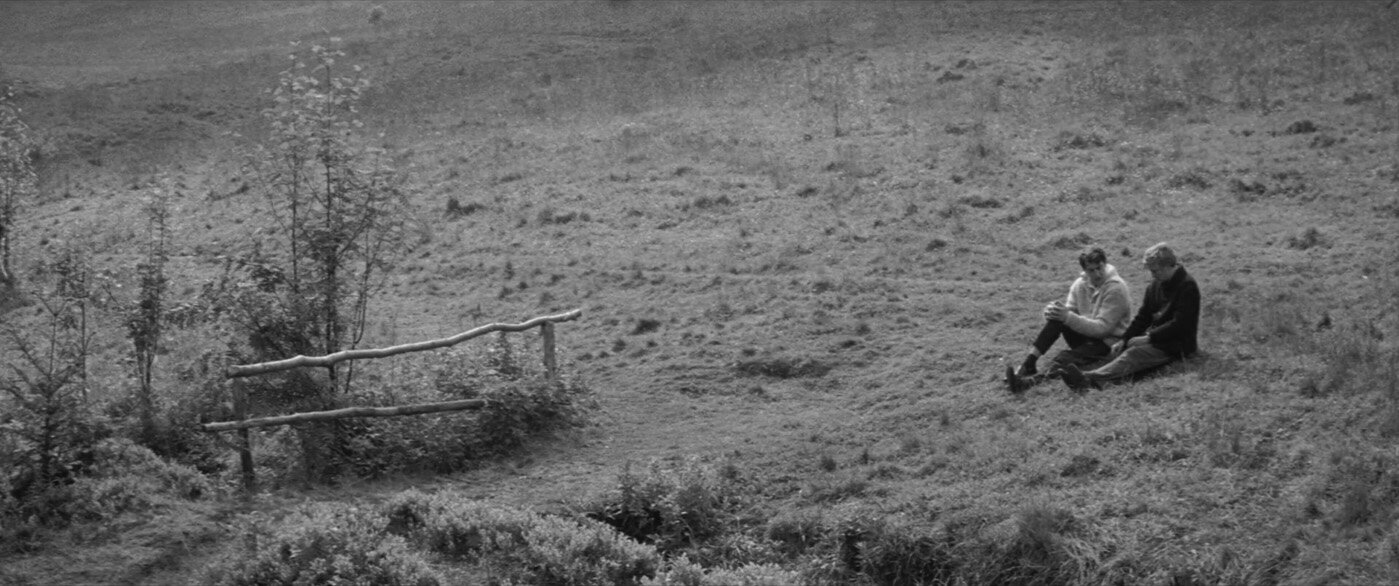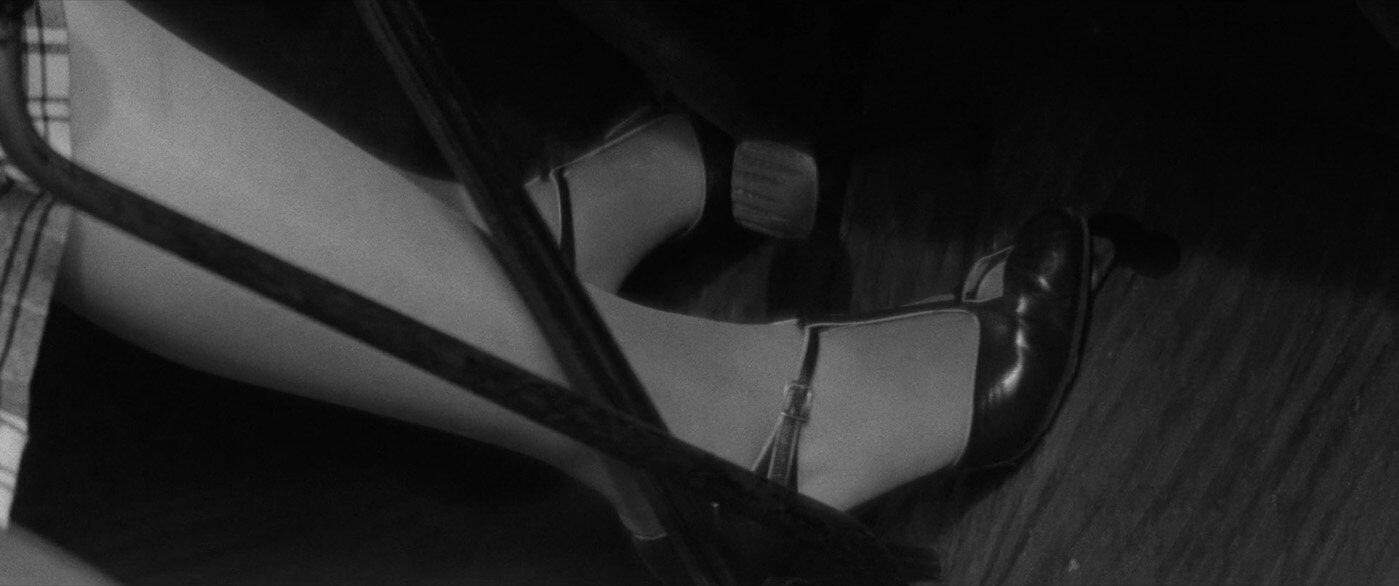king of a rainy country

“More worlds had met than I had intended, and into their collision they had drawn the sickening dimension of time. Each of my spheres had been set spinning again, and I scrambled to get a hold of any of them. My mind had slipped out of the knack of it, and for a moment I could not adjust it to comprehending that things once present had become things past.”
“I am like the king of a rainy country,
rich yet idle, older than any
passage of years, scorning advice, bored
with his dogs, with the sports, the games,
even the bright falcon falling on the lawn.
Nor will his eyes ever turn beyond the balcony
where, upon the smooth stones of the courtyard,
his people are dying. No foolish song,
no fond clown’s capering cheer him.
All the hard lines of waste he wears.
All the charmed beds grow damp and stale,”
“and his women, for whom every prince
seems beautiful, slipping from their clothes
in the softest of times cannot
tease one smile from that thin face.
The scholar who makes his gold never found
charms to clear a body’s dark element.
Nor, at the end, will steaming Roman baths,
remembered by the mighty to their last days,
warm this dying king. In his veins
a brackish water crawls, and in his eyes
only what has been forgotten lives.”
“You know that feverish sickness which comes over us in our cold despairs, that nostalgia for countries we have never known, that anguish of curiosity? There is a country that resembles you, where everything is beautiful, rich, honest and calm, where fancy has built an decorated an Occidental China, where life is sweet to breathe, where happiness is wedded to silence. It is there we must live, it is there we must die.
...
Yes, in such an atmosphere it would be good to live—where there are more thoughts in slower hours, where clocks strike happiness with a deeper, a more significant solemnity.
...
Let them seek and seek again, let them endlessly push back the limits of happiness, those horticultural Alchemists! Let them offer prizes of sixty, a hundred florins for the solution of their ambitious problems! As for me, I found my black tulip, I have found my blue dahlia!
Incomparable flower, rediscovered tulip, allegorical dahlia, it is there, is it not, in that beautiful country, so calm, so full of dream, that you must live, that you must bloom? Would you not be framed within your own analogy, would you see yourself reflected in your own correspondence, as the mystics say?
Dreams! Always dreams! And the more ambitious and delicate the soul, all the more impossible the dreams. Every man possesses his own dose of natural opium, ceaselessly secreted and renewed, and from birth to death how many hours can we reckon of positive pleasure, of successful and decided action? Shall we ever live in, be a part of, that picture my imagination has painted, and that resembles you?
...”
words iii · These passages from Charles Baudelaire's prose poem L’Invitation Au Voyage from Paris Spleen are the fulcrum of this compendium which merely scratches at the surface of Baudelaire’s compendium of a life.
painting i · Édouard Manet’s Le Déjeuner sur l’Herbe (Luncheon on the Grass) is commonly regarded as the first work of Modern Art. Baudelaire was a staunch supporter of Manet’s modernity, stating in praise of his novel subject matter that "almost all our originality comes from the stamp that 'time' imprints upon our feelings."
film · François Truffaut's classic French New Wave film Jules and Jim spans across many tranquil and warped years. In it, a ménage à trois of sorts unwinds as memory and time morph perspective and reality.
words i · This poem from Lawrence Raab was published in the Winter 1969 edition of Arion: A Journal of Humanities and the Classics. Entitled Spleen, it is a spin on Baudelaire's poem of the same name wherein memories take on a life of their own while simultaneously growing damp and stale.
sculpture · These Constantin Brâncuși sculptures are reminiscent of the enchanting feminine smile in our film. Brâncuși was a friend and benefactor of Henri-Pierre Roche, who many do not realize wrote the semi-autobiographical novel on which our film is based.
paintings ii · Along with countless artists, Odilon Redon drew inspiration from Baudelaire, even titling several of his drawings after his work Les Fleurs du Mal. This particular work, Closed Eyes—shown here in many variations—appeared alongside the poem in this compendium in a 1993 exhibit entitled "Baudelaire's Voyages: The Poet and His Painters" at the Heckscher Museum in Huntington, New York.
words ii · King of a Rainy Country is a lesser-known piece of literature by English author and activist Brigid Brophy. An ode to the fading of memories at the precipice between youth and responsibility, this quirky novel has several nods to Baudelaire. It also bears some resemblance to our film—the two traveling maybe-lovers are intervened by a third, skewing the links between hope and ambiguity, memory and ego.
drawings · British artist Bonnie Camplin created the cover artwork for the recent reprint of Brophy’s King of a Rainy Country by the Coelacanth Press. Her work plays with the inner workings of alternate perspectives and mundane moments made meaningful by time.
music · Although Baudelaire has inspired countless pieces of music, this particular experimental piece by Ruth White entitled The Clock has the modern haunting that best represents this compendium.

































































